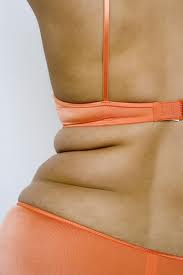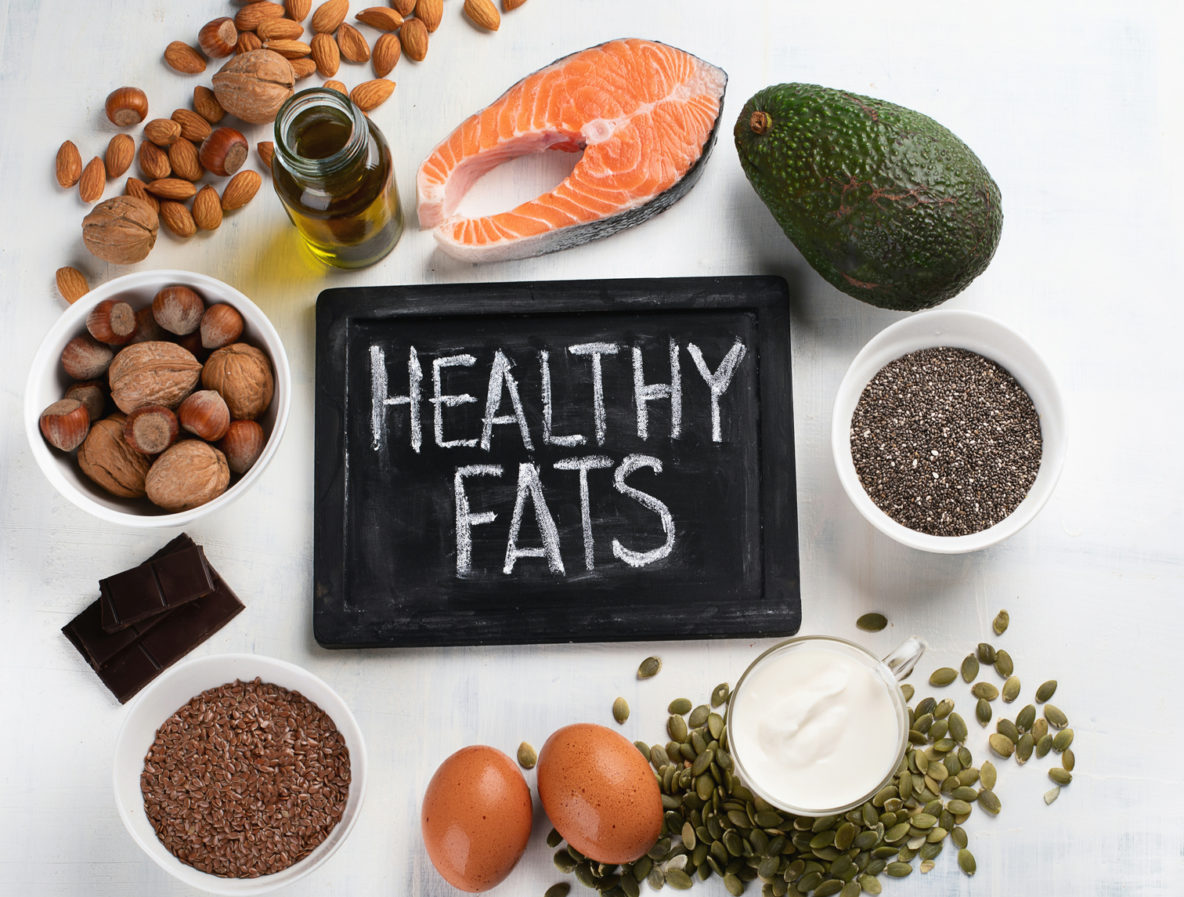
THE BAD RAP ON FAT

Fat is such a taboo word. Have you ever wondered if there a difference between healthy fats and unhealthy fats? In most cases the word fat conjures up a negative response or image. We immediately imagine rows of flesh dangling underneath our noses and an inability to see our toes’es. Yep, that’s an intentional type-O so that you can understand the painful poetry. We don’t like to think about, let alone, discuss the topic of “FAT”! So naturally when it comes to eating foods with fat in them we try to stay far far away! … I said “try.”
But what if I told you that a healthy kind of fat is out there and eating it can produce some positive results such as improving blood cholesterol levels and decreasing risk of heart disease or even reduce inflammation and much more.
This is where the bad rap on fat comes into play.
Simply put- not all fats are bad for you! Let’s go ahead and take a closer look at the benefits of healthy fats vs the dangers of unhealthy fats. We are wise when we educate ourselves about what we’re choosing to cook with or eat and how it’s affecting our bodies.
The fats are subject to a direct correlation to…
-cardiovascular disease
-cancer
-obesity
Here are two types of fats to stay clear of or at least limit our intake of. Trans fats and saturated fats.
Trans fats, or trans fatty acids, are found in foods that contain partially hydrogenated vegetable oils. Think fried foods, baked goods, and processed snacks. These types of foods can directly affect your cholesterol levels which in turn affects the health of your heart and put you at risk of heart attack or stroke. Consuming this type of fat can cause your numbers- LDL or low density lipoprotein (should be low) and HDL high-density lipoprotein (should be high) to be not so favorable.
Saturated fats can be found in animal products and tropical oils. Although there remains debate as to exactly how harmful saturated fats really are to our health, research has found that diets with a considerable intake of this kind of fat has been linked to heart disease as well as obesity and increased inflammation. With all that said, saturated fats can affect your health differently dependent upon what type of food source you’re getting it from. Foods like- fast foods, baked goods, or processed foods would surely present differently than foods like full fat diary or grass fed meats. All of which contain saturated fats. This is why there’s some room for discretion, forgiveness and common sense.
Now is the time to shed some light on the “good fats” or brown fat.
This fat helps burn calories and generate heat. Some examples of saturated fats are (almonds, cashews, pecans) avocados, eggs, and dark chocolate. Yes, I said chocolate!

A great way incorporate Polyunsaturated fats into your diet would be adding things such as walnuts, flax seeds, fish and certain oils like sunflower, flax and soybean. These types of fats support healthy blood flow and help with cognitive skills too. Also lowering cholesterol levels. These fats lower your LDL cholesterol levels and increase your HDL levels. And are know to also help fight inflammation.
Then there’s Monosaturated fats such as avocados, olives, and oils such as olive, canola, peanut and sesame; just to name a few.
All of these types of fats are favorable for overall good health and can replace many of your household staples.
So if the saying..”knowledge is power” is true, then I think we’ve got half the battle won!






Leave a Reply